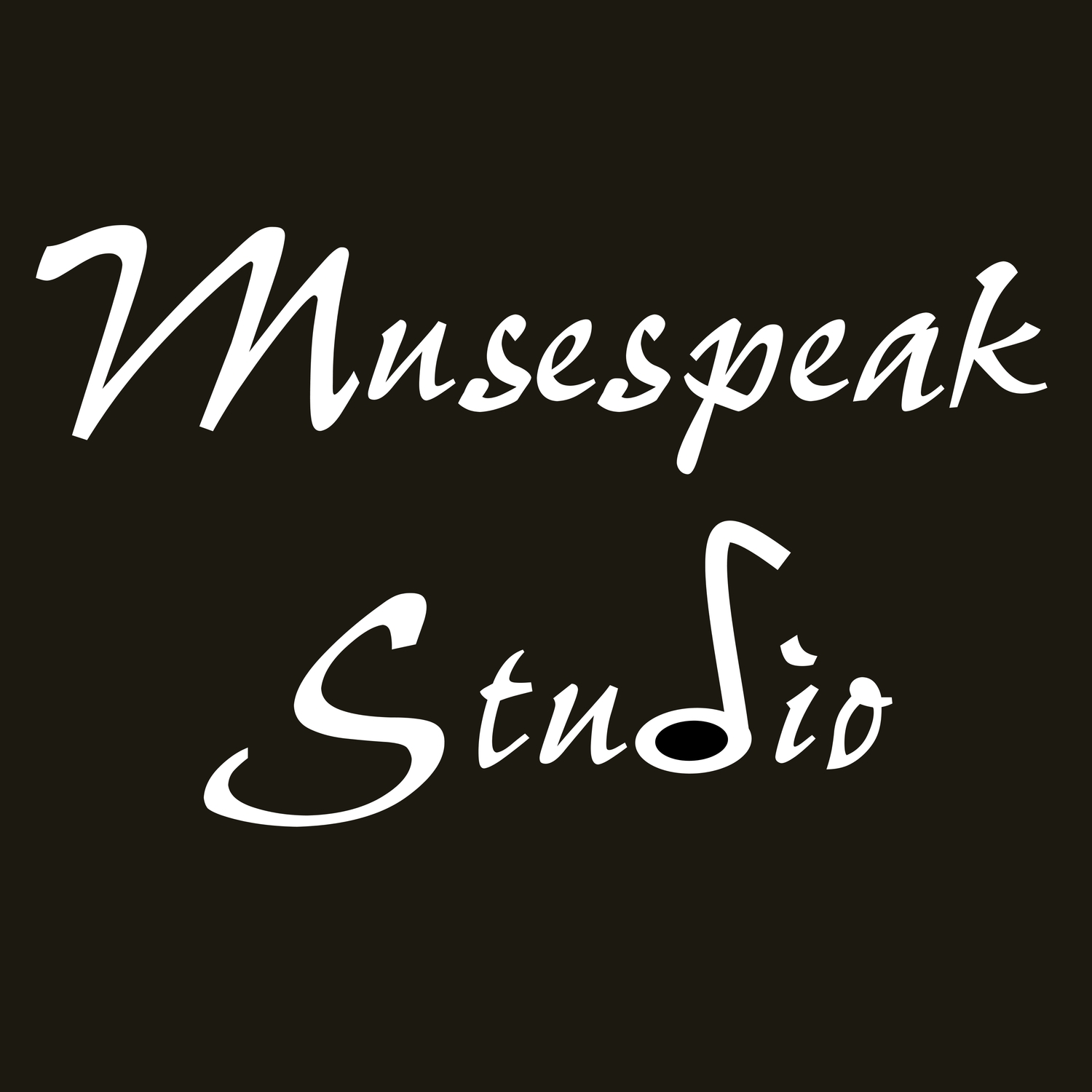こんにちは みな-さん! As promised, I touched base with some of my classmates at the Calgary Japanese Language School to find out what iPhone or Android apps they like to use to help study Japanese. どうぞ!
Japanese Study Apps for iPhones and iPads
My classmates shared four dictionary and study apps that they use on their "i-Devices". These are: imiwa?, KanjiBox, Kanji Flip and Midori.
imiwa? by Pierre-Phi di Costanzo
imiwa is a free Japanese dictionary app for iPhone, iPad and iPod touch. The latest version is 3.1.1 and requires iOS 5.0 or later. App size is 187 MB. imiwa supports English, French, German, Italian, and Spanish.
This app has a Japanese keyboard to look-up words in kana/kanji. You can also use the traditional Chinese character recognition keyboard for on-screen drawing of Kanjis. Alternatively, you can look words up using romaji.
KanjiBox by Unknown Genius Software
Kanji Box helps students study kana, kanji, vocabulary, reading and writing through the use of drills, quizzes and flashcards. There are six levels of study in this offline language app (plus one "sensei" level). Students can check their progress and scores.
You can use the KanjiDraw and KanaDraw add-ons to practice your handwriting. KanjiBox contains over 6,000 kanji and over 34,000 words.
Kanji Box is designed for iPhone and iPad and costs $5.99 USD. The app is 46.7 MB and supports English, French, German, Japanese and Spanish.
Kanji Flip b
y Proffitt Ink
Kanji Flip is similar to flashcards. However, after you "flip" to the answer, you choose whether you were Right or Wrong. This app contains 2,230 Kanji and 255 kana required for four levels of the Japanese Language Proficiency Test (JLPT). It also contains hiragana and katakana.
This app costs $5.99 USD and operates completely offline. It is compatible with iPhone, iPod touch and iPad with iOS 3.0 or later. Unfortunately, Kanji Flip is only available in English to Japanese.
Midori by Sukolsak Sakshuwong
At $9.99 USD, Midori is the most expensive of the apps listed here. However, this one packs a punch. This Japanese-English, English-Japanese dictionary app contains over 146,000 word entries and 150,000 example sentences.
Midori also contains over 12,000 kanji. In addition, the stroke order is shown for over 6,000 of those characters. This app stands out with over 720,000 Japanese proper names, place names, surnames, given names, company names and product names.
Japanese Dictionary and Study Apps for Android Phones and Tablets
My fellow Android friends and I have been using a variety of free apps to study Japanese. These are: JED, Obenkyo, Japanese Verbs and JLPT Words.
JED by Attila Korompai
This offline dictionary app contains 166,344 entries. You can search by category. Typing or handwriting the words in English, romaji and kana is supported. The app contains 3,133 kanji and sample phrases and expressions.
JED supports English-Japanese, French-Japanese and Spanish-Japanese. I have yet to explore the Radicals lookup in depth. I must say that the tags feature and animated kanji stroke order diagrams are very handy. Size is 795k.
Obenkyo by Atomusk
With this app, you can study hiragana, katakana and kanji. You can study or test yourself by drawing, or taking a multiple choice quiz. It contains numbers in romaji, Hiragana, or kanji.
Obenkyo contains over 2,300 kanji characters and over 14,600 words (Level 1-5 JLPT or Jouyou 1-7). There are animated stroke order tutorials, translation, readings, flash cards and a drawing game.
Japanese Verbs & JLPT Words by Szymon Trapp
Designed by Szymon Trapp, Japanese Verbs and Japanese Words are full of multiple choice vocabulary quizzes. On a good week, I try to do one of these multiple choice quizzes a day. Let's just say that the past few weeks have not been good ones for studying and leave it at that.
Japanese Verbs contains 641 verbs which can be looked up using kanji, kana, or romaji or English. Each entry contains information about the conjugation group, JLPT level and whether the verb is transitive or intransitive. The big bonus is that this app contains 13 conjugation forms for each verb. It also tracks your progress.
JLPT Words contains a dictionary of words required for the JLPT3, JLPT4 and JLPT5 exam. Words can be searched by kanji, kana (hiragana/katakana), or romaji.
Like Japanese Verbs, JLPT Words has multiple choice quizzes in Japanese or English. You can be tested in kanji, kana or romaji. You can also select which level(s) you'd like to be quizzed on. It keeps track of your progress as well.
Anata wa? Which Android or iPhone apps do you use to help you study Japanese?
